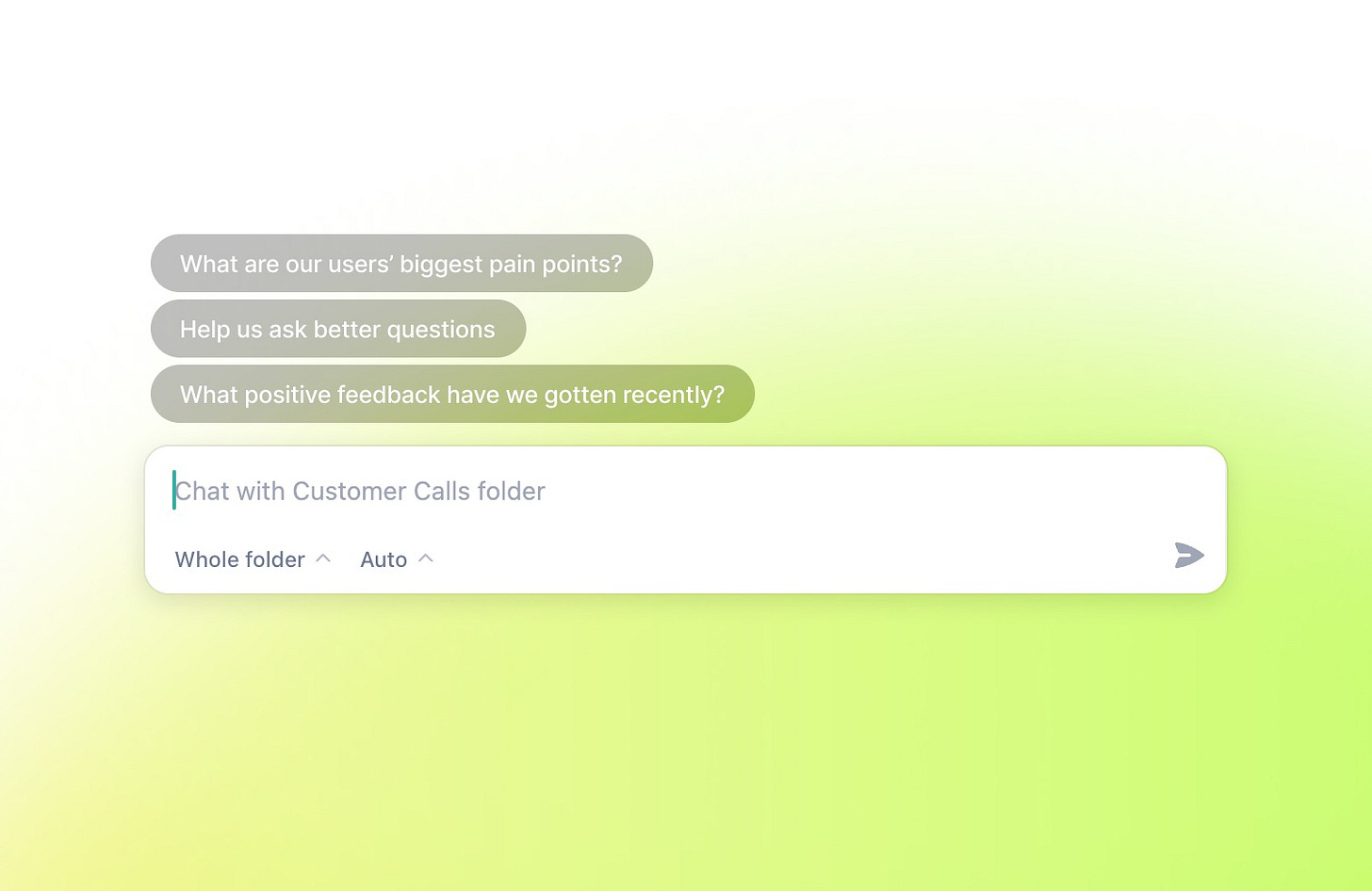The value of note taking
Why Granola's $43 million raise is not surprising
Earlier this month, London-based startup Granola raised $43 million from various venture firms at a $250 million valuation. The general categorization of Granola is a product of an “AI notetaker” — it transcribes your meetings and writes notes using AI.
I saw a lot of commentary around the coverage questioning the money raised for a notetaking app. You can have endless debates around whether a $250 million valuation of such an app is justified. But I know that Graonla, or several other competitors, raising millions of dollars is not at all surprising.
Digital notetaking has been around for years. People started using notetaking apps to better organize their thoughts and notes and have them accessible from anywhere. However, to be a meticulous notetaker, you still had to develop methods of capturing the best points while you are in a conversation, and later organize them as well. At times, if the conversation was important, it was not polite or efficient to take out your phone and start jotting down thoughts.
Meetings, the primary space these apps are targeting, also had someone manually take down notes to determine next steps. In either case, if you didn’t have a great memory or didn’t write down the detail the very moment someone said it, it became difficult to follow up or recall what was said.
Because of the COVID pandemic a few years ago, most meetings went digital, and people started recording those. But even then, only a few people used AI transcribers like Otter or Fireflies. Mostly, because you still had to go through transcription anyway.

But a few years ago, speech-to-text models became better, and in turn, transcription was improved. Plus, as the number of large language models available increased, it was easier to go through a ton of text and generate things like summaries and insights. For app makers, this was the perfect opportunity to make users “lazy” and release them from their notetaking duties.
Some notetakers prefer to be in the meetings, such as Otter, Fireflies, Read AI, and Circleback; some just use system audio to transcribe, such as Krisp, Granola, and Limiteless. While most of them are passive notetakers, you can use Granola to add your own notes during or after the meeting and also edit AI-generated notes.
Venture capitalists and founders take a lot of meetings every day, and it is hard for them to remember all the stuff they talk about. A lot of information amid those conversations is “high-value” information that they wouldn’t want to forget. They could have another person take notes, but when you have an app on your phone that can take notes all the time, you don’t need any manual intervention.
With an app like Granola, you can dump as much voice and text information as you can. The promise of AI is that it will help you retrieve that information any time.
The ultimate promise of these apps is that you can recall what you said to some person a year ago about drinking a particular brand of coffee, and if you recorded/transcribed it, the app will have that information for you. The hidden tagline for all these apps is “never forget anything now.” For investors who are looking to bet on something people rely on more day by day, that is like catnip.



Great blog, Ivan. To me, it is a race to maximize utility, reduce complexity, and achieve mass adoption. Should be easy, right?